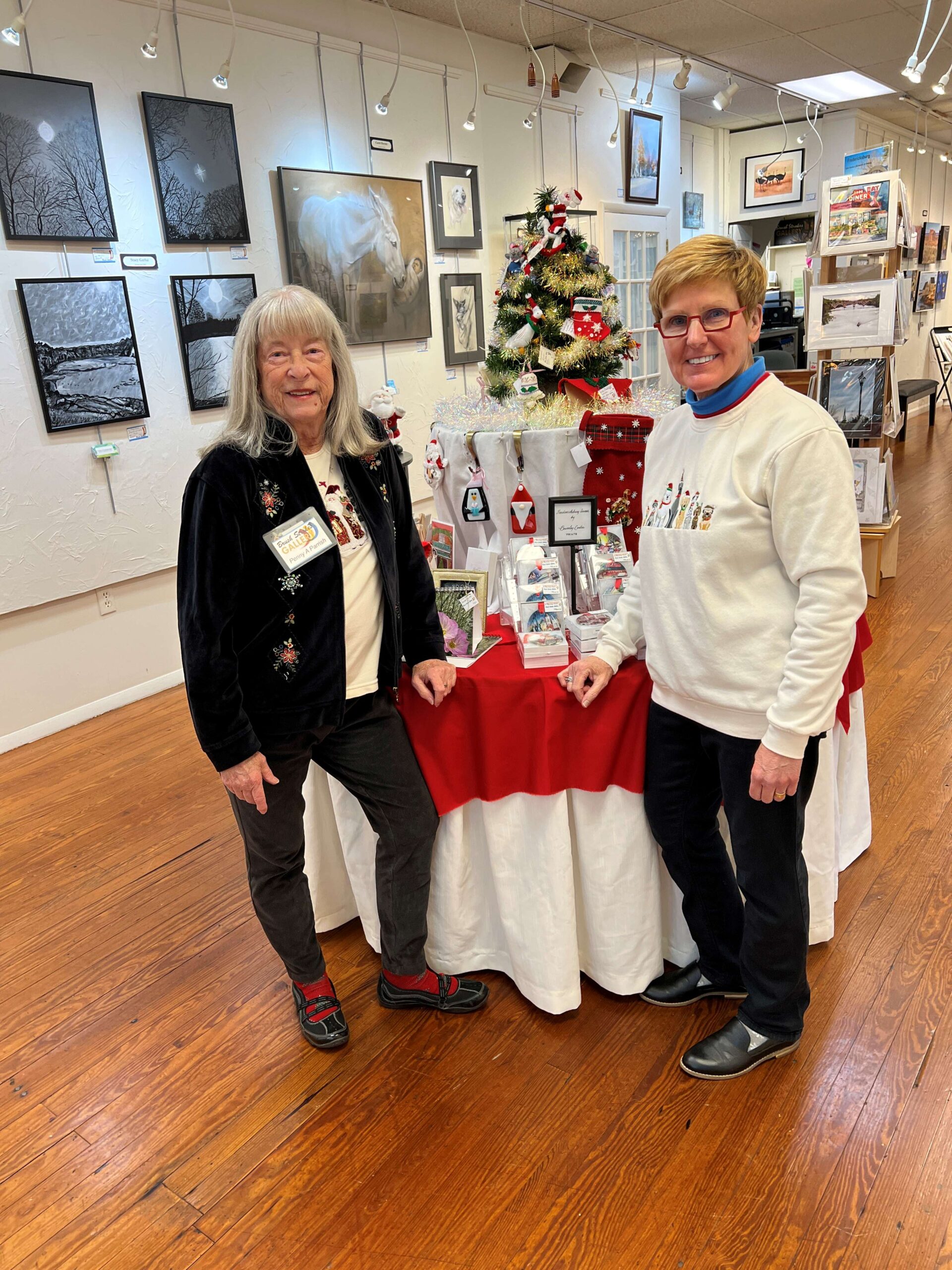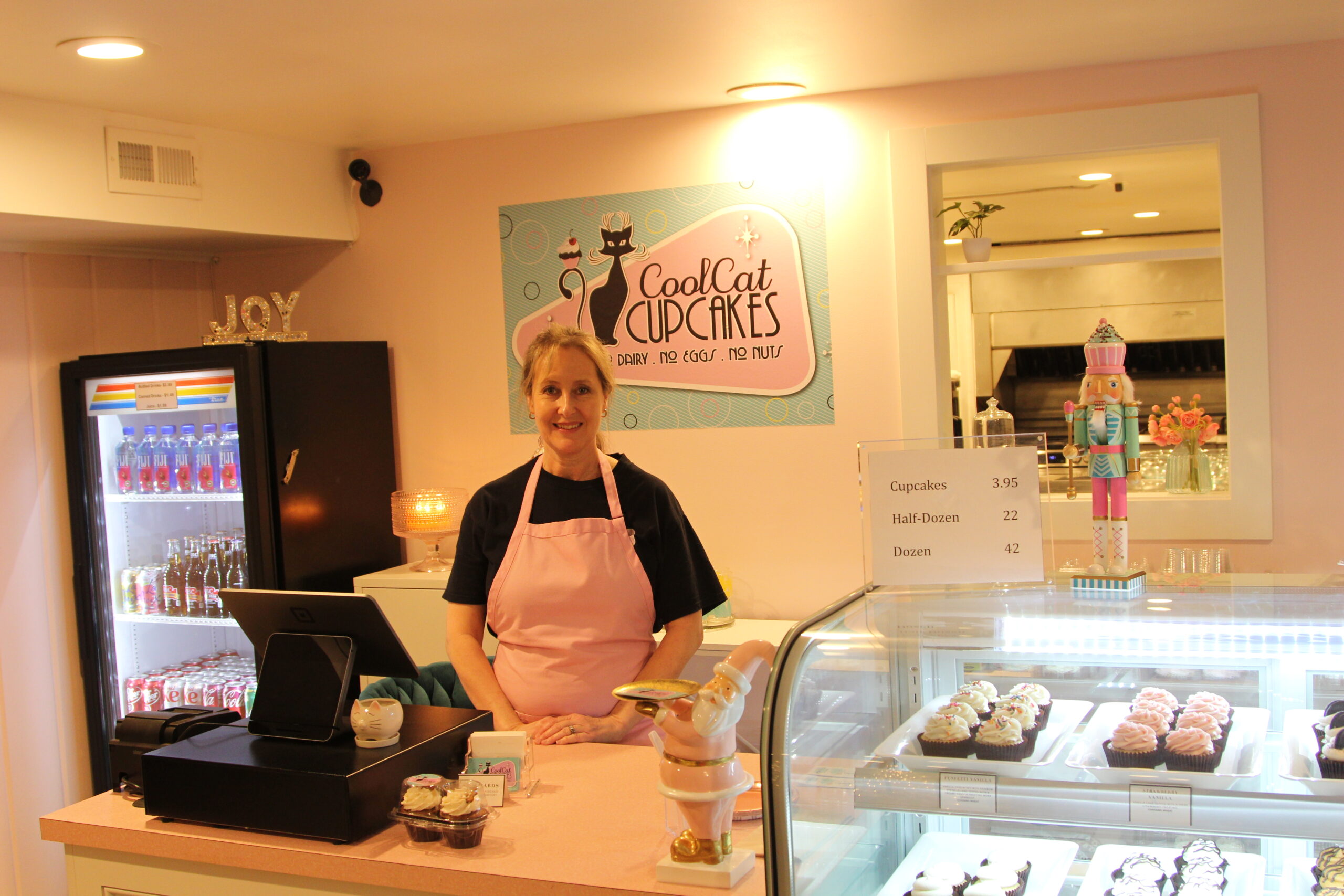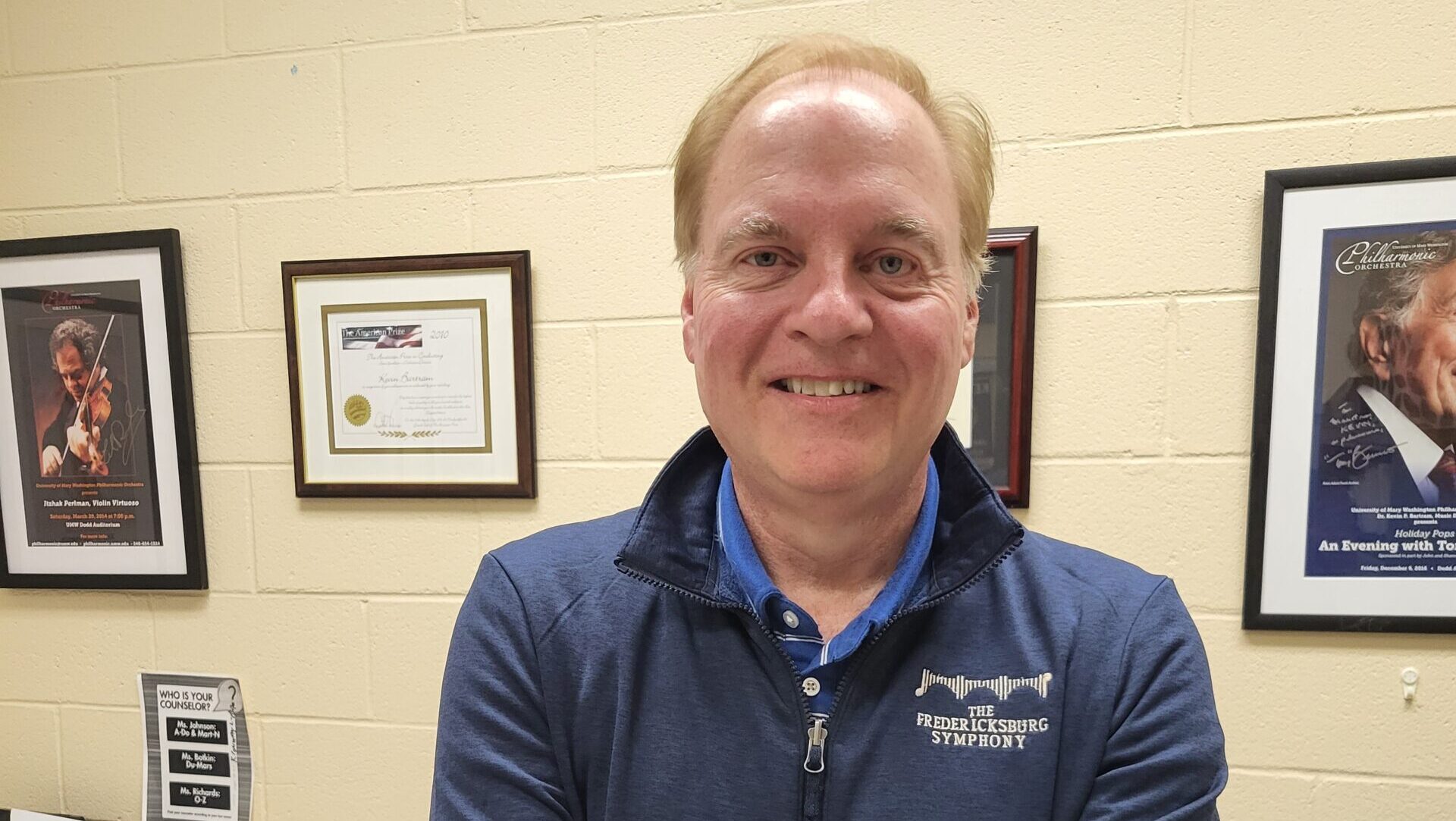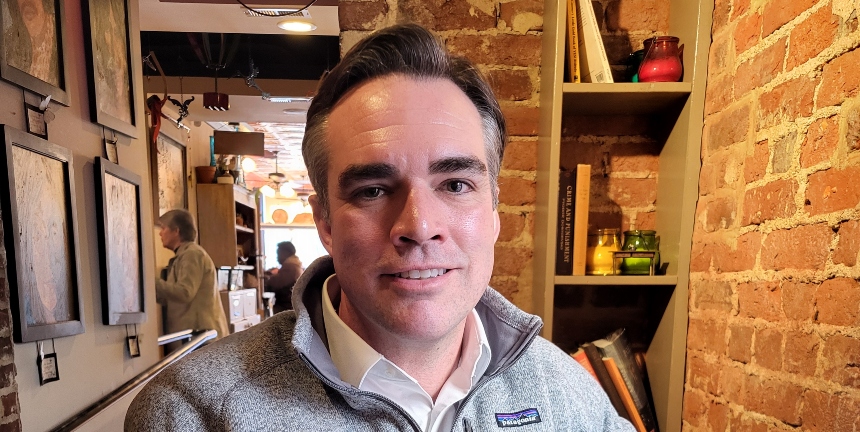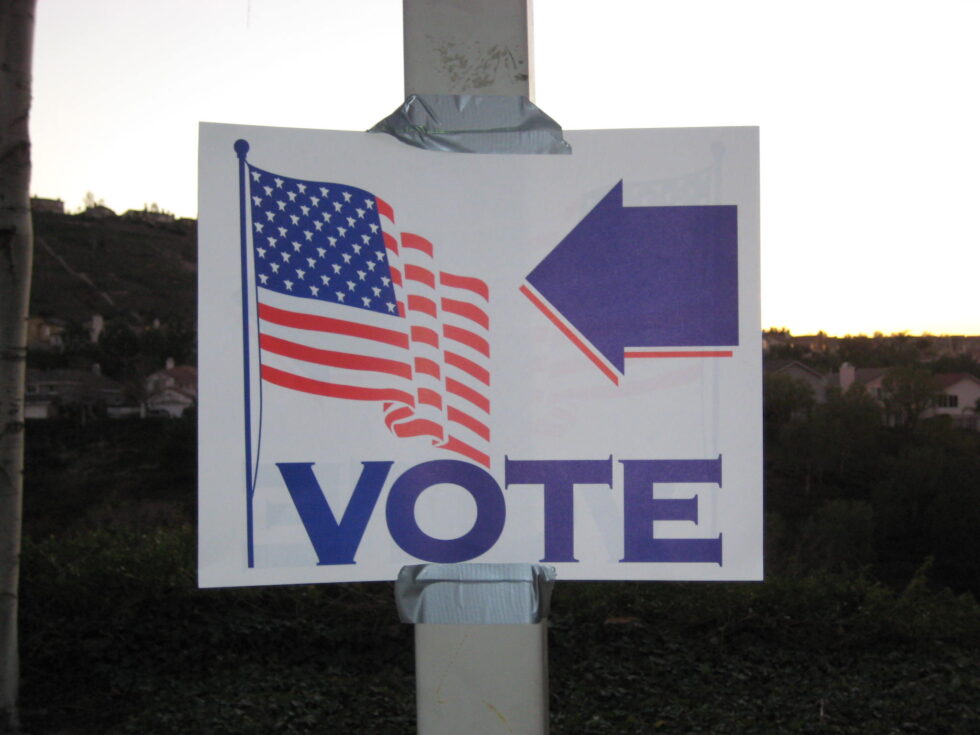
Editor’s Note: Will Mackintosh is a history professor at the University of Mary Washington and is running for City Council as an at-large member. He’s facing off against Jannan Holmes and Matt Kelly. Their interviews will run later this week.
FXBG Advance: Tell us about your journey to run for City Council.
Will Mackintosh: My husband Brian and I moved here in 2010, and this town has embraced us and our family with open arms. It’s given me the opportunity to make my career as an American historian. And it’s given Brian a chance to grow his own business – Collage Spa.
We’ve also had a chance to give back. In the early days, Brian was involved in Main Street. And I’m involved with the Economic Development Authority. I’m also on the board of the Fredericksburg Area Museum.
In a lot of ways, the way this city has accepted us is what’s inspired this run. I want to ensure this community remains as welcoming and gives as many opportunities as it did to us. It’s a pay-it-forward moment for us.
I think that sometimes people don’t really grasp just how special a place this is. The two of us – as a mixed-race gay couple who have been able to raise our children, send them to the public schools, and live fully as members of the community – have done so without anyone batting an eye at us.
I’m running to protect, and defend, and celebrate that.
FXBG Advance: Should you win, what priorities would you bring to City Council?
WM: Addressing the city’s growth. As a member of the EDA, I’ve had a front-row seat to the growth that is coming to this town. That presents an opportunity and a challenge.
It’s better to have the problems of growth than the politics of shrinking. As a child of the Rust Belt, I know what politics are like when you’re managing decline. It’s much better to have the problems that come with growth.
If we’re making smart decisions, we can harness this growth to make us a better version of who we are. Otherwise, it will swamp us and change our character and turn us into someone else.
Consider housing. As people want to move here, we need to make room for them without pushing people out. My concern is that if we’re not meeting the challenge of growth, all we’re going to do is put Fredericksburg into a rent spiral that pushes out long-time residents.
FXBG Advance: That’s a common concern. How would you address it?
WM: As chair of the EDA, I’ve been involved in discussions about growth and the city, and I’ve been inspired by some of the things coming out of our city planning department to reimagine and reuse our underutilized and underdeveloped commercial corridors. The Small Area One plan reimagines the parts of the city that are west of I-95 – Central Park and Celebrate Virginia South.
That vision is compelling. It talks about untangling the roads, replacing those underused parking lots, and taking the big box stores and turning those into mixed-use neighborhoods where people work and shop and play.
There are real opportunities in places like that to build the housing we need without pushing people out.
There are smaller opportunities to do the same thing in the Route 1 and Route 3 corridors. But we need the political will at the leadership level to do this. Council can, with thoughtful policymaking, create the right combination of carrots and sticks to get the private market to do what we want.
We can’t tell private landowners what to do with their property, but we can create the conditions that incentivize the choices that will serve the people of Fredericksburg the best.
FXBG Advance: Education is a major issue in the city. Are there things you can do on City Council to help deal with those challenges?
WM: By building the new middle school, we have bought ourselves some time on the capacity issue in our public schools, but not much. We need to use this time to be planning proactively for what we need next. We need more space at James Monroe High School, for example.
As chair of the EDA, I’ve been involved in conversations about the school district’s initiatives around career and technical education. We need to rebuild a program that the district has let languish.
Investing in those types of initiatives is critical to boosting our graduation rates, and ensuring our students are getting trained to take advantage of the jobs that are coming to Fredericksburg.
It’s also going to take bringing stakeholders to the table and resources to deal with the limitations around space we face in public schools.
We have an opportunity to explore some really interesting partnerships with Germanna and the University of Mary Washington.
Under my leadership, the EDA paid $50,000 for an engineering study to see if the old hospital near JM would be appropriate for use as an educational facility.
That engineering study demonstrated that wasn’t an appropriate use.
Still, I’m inspired by a vision to create some space that is close to JM where we can bring partners together to train our kids in jobs like healthcare, tech, cybersecurity, and even culinary.
The old hospital is not the place for that. But I’ve not given up on a joint Germanna – city schools campus where our students are being prepared for those jobs of tomorrow.
FXBG Advance: Business development is a significant concern in Fredericksburg. With limited space, how does the city attract more business?
WM: We can’t compete with the counties for attracting large corporate employers and big facilities. However, Fredericksburg has a dynamic entrepreneurial community. We need to support and promote this.
That’s the secret to shared prosperity in the long term. When those businesses are here, the profits stay here.
FXBG Advance: You’ve talked about the problems surrounding growth. It’s more than managing housing, properties, and businesses, however. It’s managing the conversations around growth. Here in Fredericksburg, over the past year, those discussions have been visceral. How do we create a more constructive discussion around growth?
WM: It starts with listening.
Then we have to decided what to do with the information we hear. There are two broad approaches we can take. One is consensus-building, the other is compromise. And I see these as two very different things.
Consensus-building is working through an issue and reaching a conclusion that most everyone can get on-board with. That will work with 95% of the challenges we face.
There are going to be some issues, however, where people have fundamental differences of opinion and consensus-building isn’t going to be possible. If it doesn’t work, we move on to compromise.
Compromise leads to policies that very often leave everyone feeling a bit disappointed.
Now, let’s look at the Accessory Dwelling Unit debate. I went to a ton of meetings around this issue, and there are clearly some foundational disagreements among the stakeholders. Ultimately, however, we worked toward a compromise and got something to council. That led to a draft ordinance that ultimately made no one happy.
Still, I am disappointed that council pulled the plug on that draft ordinance. That move short-circuited the hard democratic work our citizens did.
There were issues about how we framed that discussion. Some quarters talked about ADUs as a path to addressing affordability, and that’s not right. ADUs are not a solution to that.
What I heard from all the people in support of ADUS is that these are good tools to help families manage their properties so they can house their families the best way possible. Housing the elderly, helping launch their kids, and supporting special needs kids.
I also heard in those meetings a lot about concerns about enforcement. I think it’s a no-brainer that we bring back the rental inspection program. I don’t understand why we let that lapse. Especially since we can pay for it with the landlord tax.
Any conversation needs to begin with bringing back that rental inspection program.
Bottom line: Growth inevitably increases friction. It’s the job of Council to be clear-eyed about the growth. We can’t pretend it’s not happening. We have to figure out how to ease the friction as much as we possibly can.
FXBG Advance: You’ve talked a good bit about inclusiveness. However, when one looks at the composition of Fredericksburg’s government, it’s not a mirror image of what this city looks like. How do we address that?
MW: Let me start by talking about what I’ve already done. At the EDA, I was part of creating our own small-business loan program that gave loans of up to $50,000 to small-business owners on terms more favorable than what banks might do.
As a part of that program, one of our expressed criteria was diversifying the ownership base of small businesses in Fredericksburg.
I also work very closely with Dr. Gaila Sims at FAM on her initiatives to retell the history of Fredericksburg in ways that include all stories, so everyone’s past is represented in the museum.
I do think representation matters, and I believe it would be meaningful for the city to elect someone like me, a gay man, because that makes a real statement about the kind of community we are.
Unfortunately, there are unwelcoming clouds gathering outside the city of Fredericksburg, and not far outside. We are standing in opposition to some of those darker forces. People here want nothing to do with those forces.


